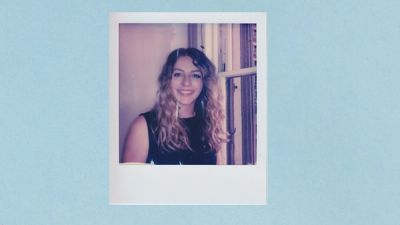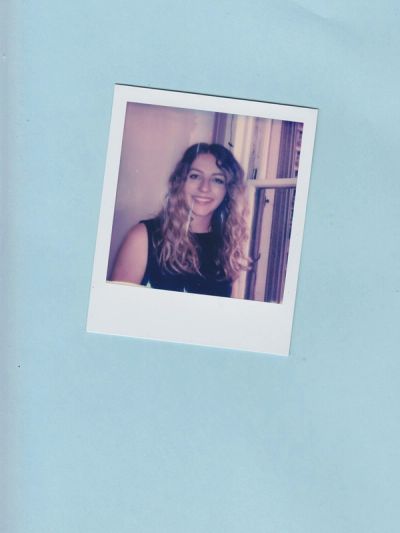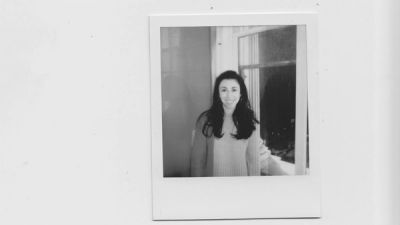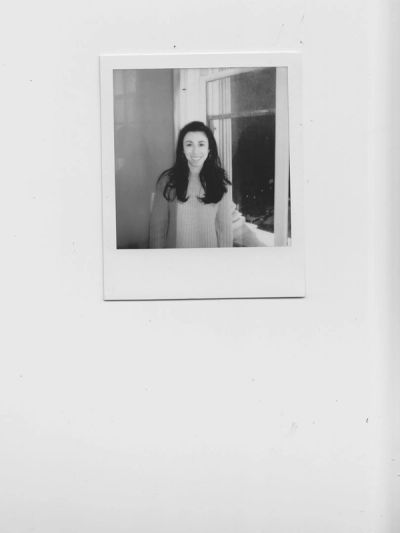
Explaining What I Do to My Parents
Part traffic controller, part diplomat, part therapist, and part fortune teller. Read more about Senior Producer Lindsey Andon's perspectives on the nuanced role of Producer, and the challenges of explaining it to her parents.
“What do you do for work?” – a question I am often asked and still don’t have a good answer for. My parents, for example, still don’t really know how to describe what I do.
My usual shorthand is to say that I am a project manager at a design company/ad agency: this seems to land with most people, most of the time.
But this never felt right and doesn’t at all speak to the heart of what it means to be a producer.
So I’ll try to put it into words here. (Special thanks to my parents and friends for inspiring this effort.)
As producers, we build project plans and manage scope, timelines, and budgets – all of the typical things you’d expect to see on a job description or resume. However, our daily responsibilities are much more nuanced: we’re constantly assessing and responding to new information and engaging with our people. We’re part traffic controller, diplomat, therapist, and fortune teller. Whatever it takes to get the job done, knowing that we’re ultimately managing teams of people, not just projects.
Throughout the course of the day, we’re continuously making decisions, both big and small, trying to predict and plan for the next step and ideal outcome. Each decision unlocks a new branch in a sort of “choose your own adventure” path to probable success or failure. Objective success generally ladders up to being on time, on budget, and delivering work that meets our clients’ goals and expectations. But of equal importance – did we produce beautiful, meaningful work that we’re proud of? Did we work efficiently and support each other throughout the process? Did we learn anything that might help inform improvements to our general way of doing things? Did we build positive, enduring relationships with our clients and vendors?
Genuinely engaging with all parties involved, understanding the unique goals of each, and empathizing with individual motivations and constraints are at the heart of what we do. Then the job is to identify the collective path to success, leaning into each contributor’s strengths and pivoting as needed based on ever-changing variables. Some days this feels like conducting an orchestra, and other days it’s more like an ER where we assess and triage.
Internally, it’s not just a checklist of things to do, although there are many checklists. In an ideal world, we help bring all of the right people together at exactly the right time. We build trust by respecting everyone’s time and efforts and being transparent. We handle the bigger picture so that the team can remain focused on the individual tasks at hand. We foster a team dynamic where everyone can do their best work and communicate honestly. And as a result, when there are inevitable curve balls, tight timelines, and trade-offs, everyone remains fully committed based on mutual trust and respect.
Specifically at Trollbäck, my job is made exponentially easier by a talented team of uniquely driven and compassionate creatives. I have gained so much clarity here about how producers can and should fit into a healthy creative process. And while this lengthy description still won't help my parents easily explain my job to their friends, I hope others in our industry can relate. I wholeheartedly believe that our work and client partnerships can speak to the success of this model, and generally to the value of empathy and soft skills in production.
Explore more
New business inquiries.
How can we help?
NYC 11:05
STK 05:05
LA 08:05
Get our newsletter
Sign up for updates,
insights, and inspirations
from our studio.




